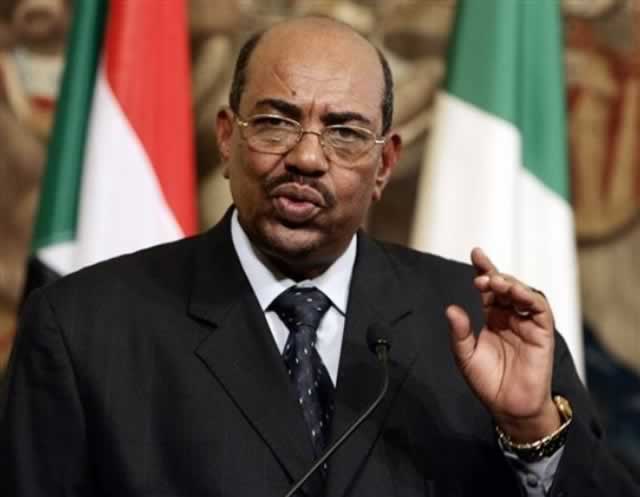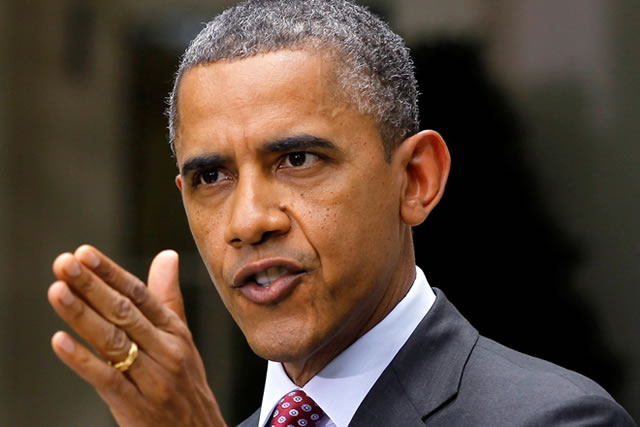Sudan’s Bashir claims victory over ICC

Khartoum – Sudan’s President Omar al-Bashir claimed victory over the International Criminal Court on Saturday after it shelved further investigation of war crimes in Darfur, and reaffirmed his hard line on the rebel region.
The Hague-based court indicted Bashir in 2009 for war crimes, crimes against humanity and genocide in suppressing the Darfur revolt.
But the court’s prosecutor Fatou Bensouda said on Friday she was shelving the Darfur investigation for lack of support from the Security Council, the UN body able to take coercive measures that could compel Bashir and co-defendants to face the court.
“They wanted us to kneel before the International Criminal Court but the ICC raised its hands and admitted that it had failed,” Bashir said in a defiant speech.
“The Sudanese people have defeated the ICC and have refused to hand over any Sudanese to the colonialist courts.”
The ICC has also charged Bashir’s defence minister, interior minister and a militia leader.
None has been arrested and Sudan has been shielded from further action at the 15-member Security Council by China, a veto-wielding permanent member.
Prosecutor Bensouda said on Friday the Council’s inaction would only “embolden perpetrators to continue their brutality”.
“I’m left with no choice but to hibernate investigative activities in Darfur as I shift resources to other urgent cases,” she added.
Darfur has been racked by conflict since mainly non-Arab tribes took up arms in 2003 against the Arab-led government in Khartoum, accusing it of discrimination. It has killed as many as 300,000 people and displaced two million, the UN says.
In his speech, Bashir lashed out at the opposition, which is largely boycotting April polls, warning those who had signed unity agreements with rebels to stay abroad with the “traitors”.
He reaffirmed his refusal to address Darfur alongside a separate but closely-linked insurgency, mounted by former civil war fighters left in Sudan after South Sudan seceded in 2011.- Reuters









Comments